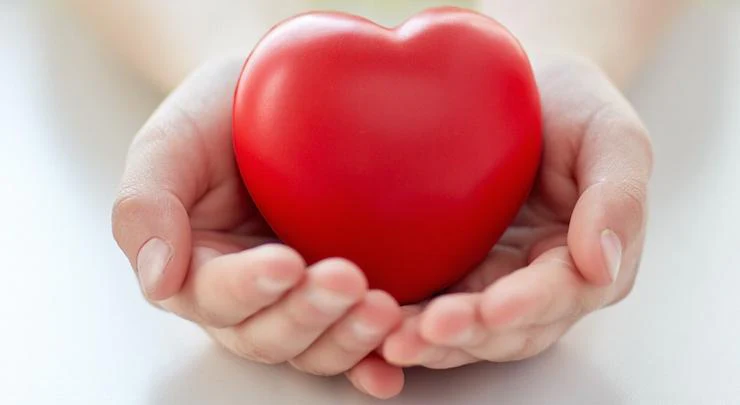
- Health advice
- Mar 19, 2017
Having a healthy heart means knowing what you need to do to get one and keep one! Here are our 3 easy steps
1. Know Your Cholesterols
There are two types of cholesterol, low-density lipoprotein (LDL) – the bad kind, and high-density lipoprotein (HDL) – the good kind. LDL has been labeled “bad” cholesterol because it is can lead to plaque, a thick, hard substance, which clogs the arteries. Plaque increases the risk of blockages, which could result in a heart attack or stroke. HDL is “good” cholesterol because it helps to remove LDL cholesterol from the arteries, protecting you against blockages.
2. Get Educated
- Heart Attacks in Women: Chest pain is the most common symptom, but women are also likely to experience pain in their jaw, neck, back and arms. Stomach pain is also common, with many women mistaking these types of symptoms for heartburn. Women may also experience trouble breathing, extreme fatigue, lightheadedness, nausea or a sudden cold sweat
- Heart Attacks in Men: The predominant symptoms are extreme chest pain and tightness, although some men may experience a few of the symptoms more common in women (see above)
Know Your Family History: Some of the contributing factors to heart disease are hereditary so it’s important to know if you are more at risk genetically. Ask questions. Find out if there have been any cardiovascular cases in your family (both immediate and extended) and inform your doctor. Knowing about any pre-existing conditions in the family will help your GP to get the full picture should anything happen to you.
3. Eat Healthily
Eat More:
- Healthy fats: The Greeks have hit the nail on the head with their Mediterranean diet. Substituting saturated fats for vegetable oils such as flaxseed, avocado and olive have led to a lower rate of heart disease. These healthy fats increase HDL cholesterol (the good kind) while also decreasing LDL cholesterol (the bad kind)
- Omega 3 fatty acids: These help to lower blood pressure, reducing the formation of blood clots. Oily fish such as sardines, salmon, trout, kahawai and anchovies are all good sources. Many of the oily fish that contain these acids also contain healthy fats.
- Nuts and seeds: While high in calories, nuts and seeds are full of healthy fats, which lower LDL cholesterol without affecting your HDL cholesterol. Around quarter of a cup of raw, unsalted nuts and seeds per day is recommended
- Fruit and vegetables: Adding more fruit and vegetables to your diet will increase your antioxidant levels, helping to protect your body from free-radical damage
- Green Tea: Two cups of green tea a day will boost your antioxidant levels (without adding too much caffeine), decreasing inflammation and lowering the risk of blood clots
Eat Less:
- Saturated and Trans Fats: These sorts of fats increase you risk of heart disease, contribute to weight gain and raise your LDL cholesterol levels. They are found in deep fried, commercially baked or packaged foods, or solid fats like margarine. Avoid takeaways, choose leaner cuts of meat and pick low fat dairy products where possible
- Sugar: Nicknamed 'sweet poison', sugar is all over the news as the latest ingredient to steer clear of. When you consume a lot of sugar, you get spikes in your insulin levels. These spikes turn the food you’re eating into body fat, specifically triglycerides, which are one of the biggest contributors to heart disease
- Alcohol: Those that drink in moderation have fewer heart attacks and live longer than those that drink heavily. A little red wine every now and then is the preferred alcohol choice, because it contains high levels of antioxidants and resveratrol
Mr Vitamins recommends
Good Health Grape Seed 55000 Good Health Opti CoQ10 Find out more and shop online for these great Good Health Products for a healthy heart above






